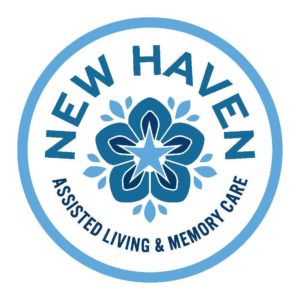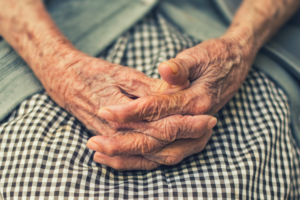
New Haven Assisted Living and Dementia Care Brings in New Leadership
FOR IMMEDIATE RELEASE New Haven Kyle Welcomes New Executive Director January 3, 2022 – Kyle, Texas – New Haven Assisted Living and Dementia Care –
Assisted Living & Memory Care

FOR IMMEDIATE RELEASE New Haven Kyle Welcomes New Executive Director January 3, 2022 – Kyle, Texas – New Haven Assisted Living and Dementia Care –

Holiday Depression and Older Adults The holidays can be an exciting and joyful time for many people – decorating the tree, shopping for gifts, attending

FOR IMMEDIATE RELEASE NEW HAVEN ASSISTED BASTOP BRINGS IN NEW LEADERSHIP July 26, 2021, Bastrop, Texas – New Haven Assisted Living and Dementia Care is

Just like any other big life change, a move to senior living can be scary and hard to imagine. Stepping out into the unknown is
After the birds and the bees, “the talk” about assisted living can be one of the most difficult conversations that kids have with their parents.
One of the first questions you may ask when you start thinking about changing your living situation is “what is assisted living really like?” If you haven’t

What’s the difference between assisted living and nursing homes? Choosing from all the senior living options available today is hard, especially if you aren’t really

One of the fears that you may feel about aging is losing your independence. You’ve cared for yourself, a spouse, children and grandchildren. You’ve been